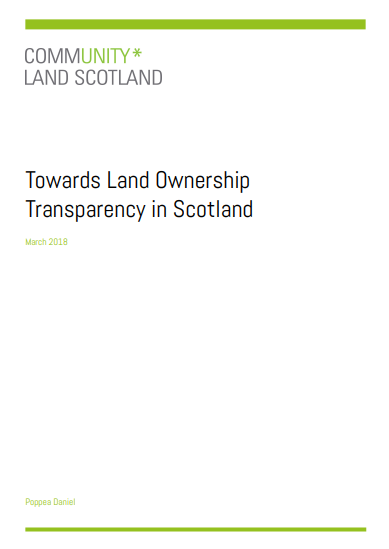Community Land Scotland was established in 2010 as a response to the need for a collective voice for community landowners in Scotland. It is a company limited by guarantee with charitable status.
Our current membership includes Scottish community landowners – owning and managing approx. 500,000 acres between them – and aspiring community landowners of varying shapes and sizes throughout Scotland.
We represent these existing and aspiring community landowners to reflect their views in promoting changes to legislation to empower communities, while acting as a point of contact for any communities in Scotland who wish to find out more about community land ownership.
Broadly, we work to represent the Scottish community landowning movement in different arenas of associated activity.
Our key objectives are to:-
- Facilitate the exchange of information, enabling groups to learn from each others’ experience and successes
- Promote the growing importance of the community landowning sector to Scotland
- Reform The Land Reform (Scotland) Act 2003 to simplify and strengthen powers to communities
- Encourage community groups to register an interest in land
- Work with communities to ease the process of communities taking ownership of public land
Members:
Resources
Displaying 1 - 1 of 1Towards Land Ownership Transparency in Scotland
Community Land Scotland (CLS) has today published ‘Towards Land Ownership Transparency in Scotland’, part of a larger study led by Transparency International to test a framework for assessing land ownership transparency within countries. The framework was presented at ‘Land Governance in an Interconnected World’, the Annual World Bank Conference on Land and Poverty in Washington DC on March 20th.
The report was prepared for Community Land Scotland by Poppea Daniel, an independent researcher. It concludes:


